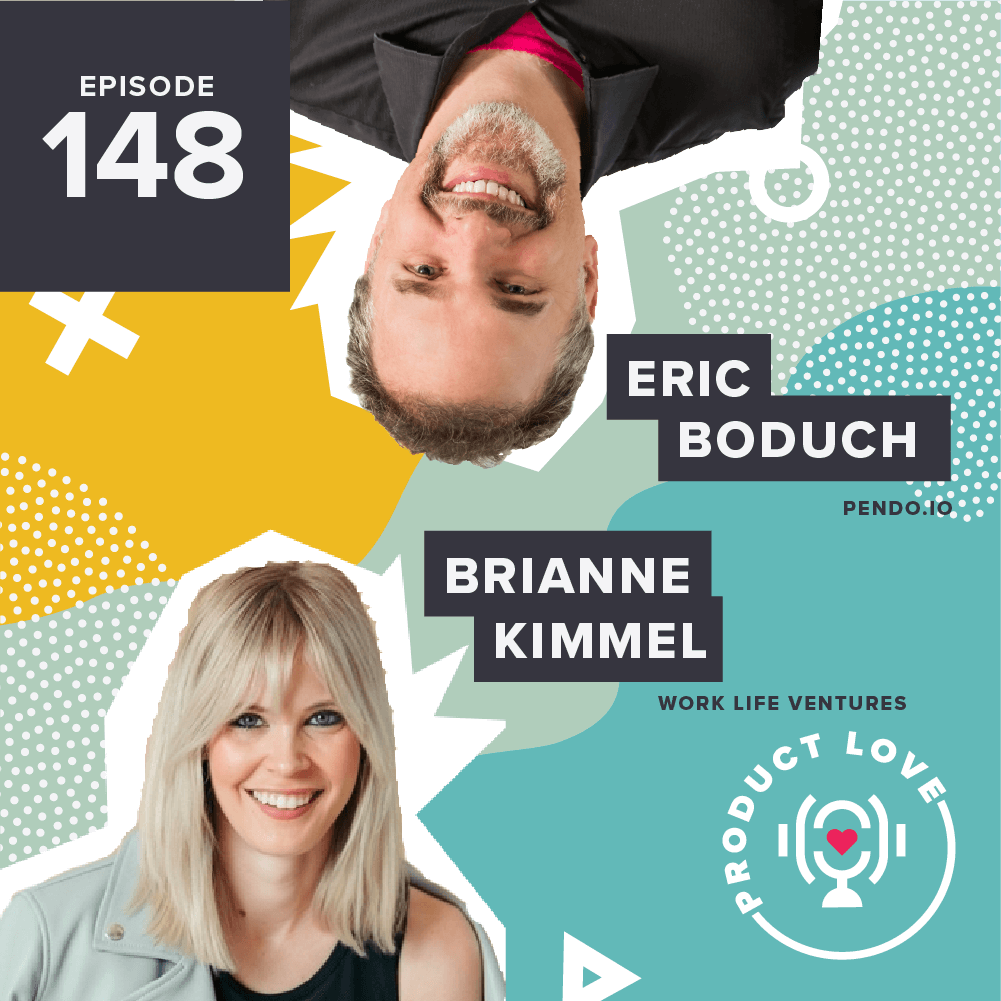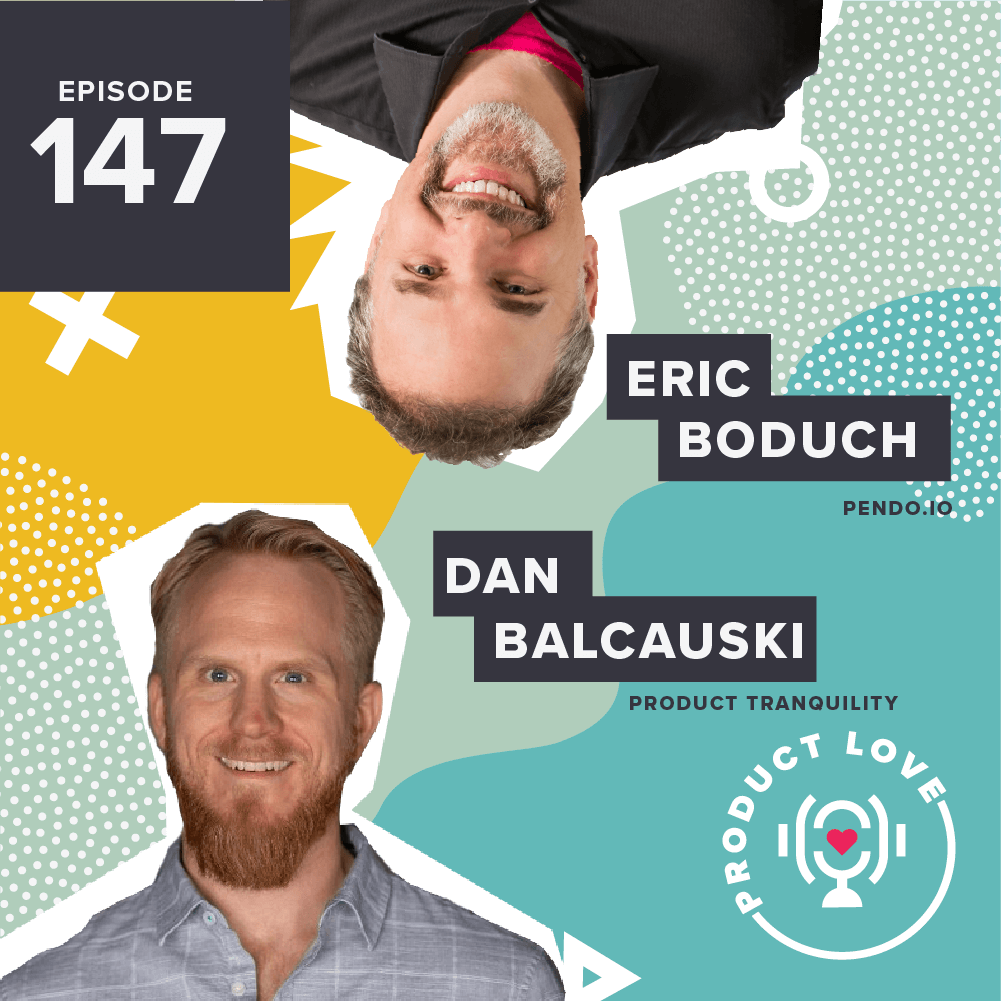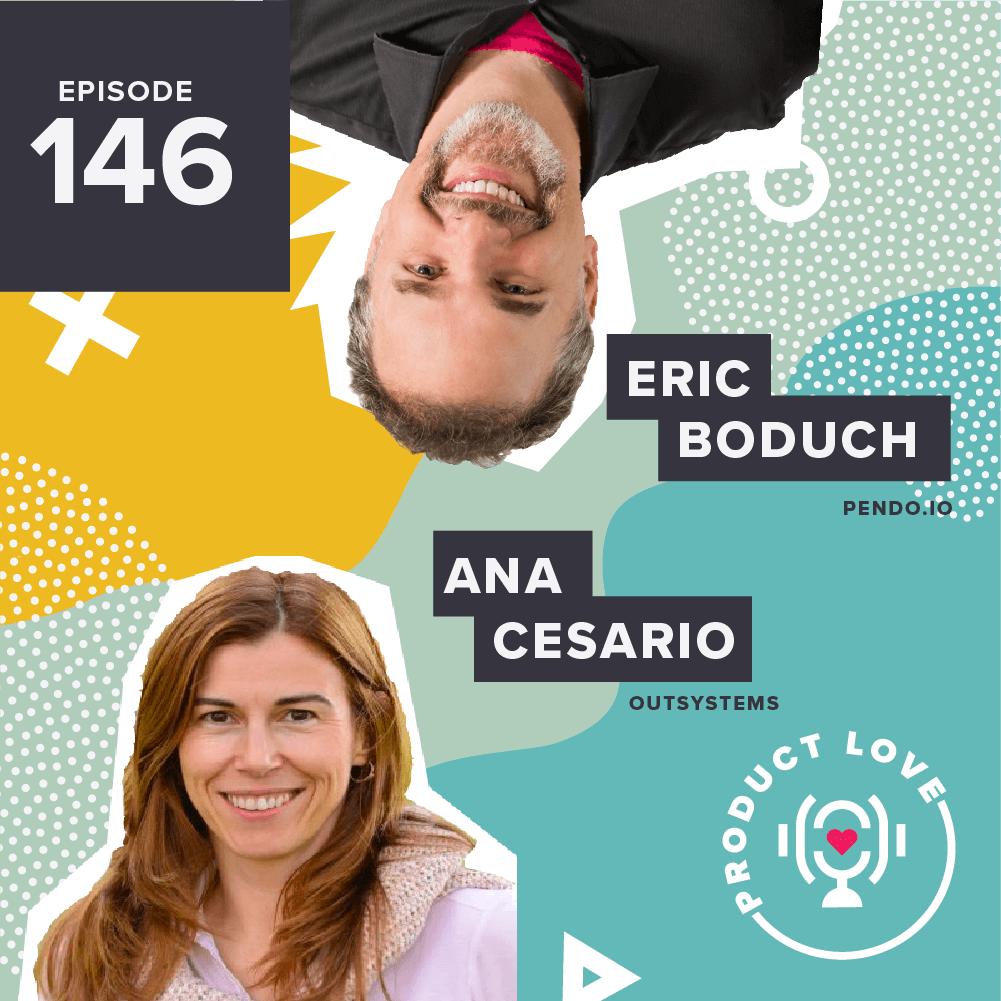When I asked Hiten Shah what prepared him to be a founder, he answered, “I don’t know any better.”
Hiten credits his career interest to his father, who encouraged him from a young age to consider entrepreneurship. He’s built more than ten different products and has started companies like a marketing consultancy, a podcast advertising network, and a hosting company. All of these different gigs spurred his interest in product development and ignited a strong interest in solving people’s problems through software. Since 2005, Hiten Shah has started multiple SaaS companies, including Crazy Egg, KISSmetrics, and FYI. Every self-proclaimed techie has probably heard of Hiten and his journey.
Nowadays, he’s an active advisor and investor in several startups. Right now, Hiten is focused on Product Habits and on FYI, a software product that helps you find that document across all your tools and devices.
This week on Product Love, I sat down with Hiten, who talked candidly about his experiences as a startup founder.
Being a Founder
Everyone loves a good founder story. In spite of that, it’s still rare to hear a founder speak their own (and sometimes ugly) truth. Hiten recently released a blog post, “His Billion Dollar Mistake.” In it, Hiten reflects on his time at KISSMetrics, where he screwed up to such an extent that another company executive wrote a memo calling him the Hiten Bomb.
It’s a story about a company that was doing well, and how Hiten messed that all up. The blog post was a piece of truth that he wanted to put out in the world, without any expectations. The impact? Amazing. Many people have shared his story at their meetings and have even read it aloud in company-wide settings.
The Growing and Hyper-Competitive Tech Industry
The tech industry has pivoted several times. When it was difficult to create products, tech was sales-heavy. When products became easier to build, it became marketing-heavy. Now, with at least 20,000 startups launching every year, we’re becoming a product-centered industry. To Hiten, it’s actually always been about product. But because the market is so crowded and hypercompetitive, Hiten believes we have to be better than ever at product development.
In order to stand out, Hiten recommends even momentarily forgetting about your product and just obsessing over the customer. Figure out everything you can about the customer, and ensure that you know more about their emotions and their journey than anyone else in the market. There’s no excuse, especially when you have multiple means of getting feedback from your customer base.
Roadmaps and Retention
Product managers need to know what part of their product makes people want to stay. To Hiten, product teams that don’t focus on retention are useless. And retention starts with your roadmap.
To create a successful roadmap, you should know a few things. For example, what aspects of your product affect retention? Do they increase or decrease it? What are the current qualitative and quantitative processes related it? What behaviors or habits promote customer retention?
If you can answer these questions, you’ll be able to create a clear roadmap and prioritize the aspects associated with retention-related outcomes. By discovering the metrics and habits related to retention and evangelizing them internally, you can better align your product organization.
Hiten brings up project management software as an example. It’s not the number of projects teams create on the tool that matters. It’s the number of projects that still have activity. If that number goes up, your retention will go up.
Listen to the rest of the episode to hear what Hiten likes and dislikes about the JTBD model, as well as what he thinks about being product-led.


